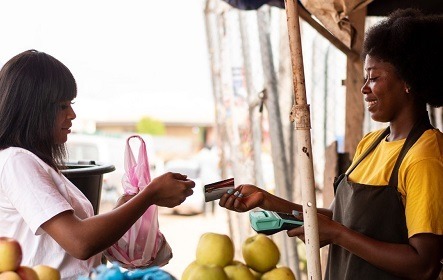The Impact of the Economy on Changing Consumer Preferences in Nigeria

Inflation soared to a staggering 19.62% in May 2024 (World Bank) – a significant blow to the over 100 million Nigerians living below the poverty line. Data from various forms of qualitative and quantitative market research studies confirm this impact, revealing a survival mode mentality among many consumers. As a result, the recent surge in demand for smaller pack sizes (72%), artisanal labels, and homemade alternatives aligns perfectly with this value-driven environment. This trend, often called “satchetization,” is expected to intensify, highlighting a crucial opportunity for brands to adapt and cater to budget-conscious consumers.
What else is happening?
The Value Equation: Affordability Meets Wellness
Nigerian consumers are known for their value-conscious approach to shopping. However, our recent research reveals a fascinating shift. While price remains a top priority, health considerations are now playing an increasingly important role in purchase decisions. Over 62% of Nigerian consumers we surveyed actively seek out healthier food options. This highlights a redefined understanding of value, where affordability goes hand-in-hand with nutritional benefits.
Economic Pressures and the Rise of Staples
Nigeria’s high inflation rate, currently at 19.62% according to the World Bank (May 2024), significantly impacts household spending, especially for those living below the poverty line. This economic pressure has led to a shift in consumer behaviour, with a focus on essential needs like food. Interestingly, the very definition of “food” is evolving across socio-economic classes. We’re seeing a rise in purchases of staples like rice, beans, and garri, as consumers prioritize filling stomachs over more elaborate meals.
Urbanization and Convenience
Nigeria’s rapid urbanization mirrors a global trend. With a projected urban population exceeding 230 million by 2050, busy lifestyles are becoming the norm. Consumers are increasingly seeking quick and convenient meal solutions that don’t compromise on taste or quality. This presents a significant opportunity for brands. Our market research indicates a growing demand for ready-to-eat options and single-serve packaging within the food and cereal segments.
Holding onto Tradition While Embracing Innovation
Despite prioritizing value, health, and convenience, Nigerian consumers haven’t forgotten their culinary roots. The demand for traditional favourites like rice, beans, and garri remains strong. Interestingly, we’re also seeing a growing interest in exploring international flavours. This creates a unique opportunity for African brands to take the lead. By introducing innovative product lines that combine familiar Nigerian ingredients with exciting new flavour profiles, these brands can bridge the gap between traditional and modern preferences.
In conclusion, the Nigerian food and beverage market is undergoing a period of exciting change. By understanding the evolving value equation, the rise of staples, the convenience trend, and the enduring love for tradition, businesses can develop products and marketing strategies that resonate with Nigerian consumers and achieve long-term success.
Ready to invent the future?
Our teams possess extensive in-market experience that drives measurable growth for brands. Please reach out to us to learn more.
